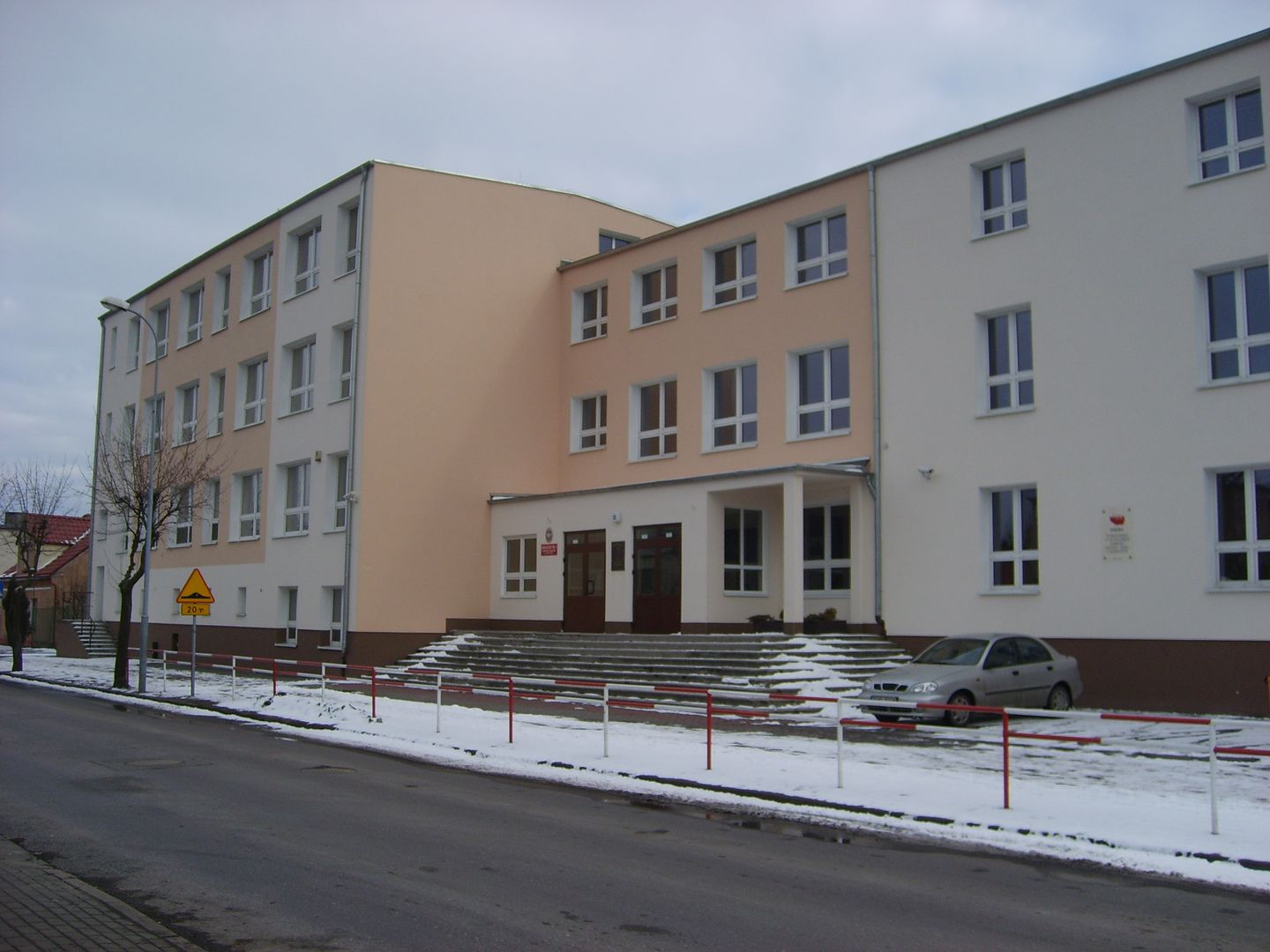September
7.07

Overview
Września is a city in the Greater Poland Voivodeship, located 50 km east of Poznań, on the Wrześnica River. As an important transportation hub, the city has a diverse history dating back to the Mesolithic period. The first mention of Września comes from 1256, and the city was granted town rights in the 15th century. The city's coat of arms, featuring a white rose on a red background, originates from the ancestral Poraj coat of arms. Września witnessed many significant events, including the Children's Strike of 1901, which played an important role in the struggle for the rights of Poles in the Prussian Partition. During the interwar period, it was a multicultural place, inhabited by Poles, Jews, and Germans, which is reflected in its numerous religious buildings. The historic landmarks of Września include its preserved urban layout, the 15th-century Parish Church of the Assumption of the Blessed Virgin Mary, the Neo-Gothic Church of the Holy Spirit, and the wooden Church of the Holy Cross from 1664. The city also features a palace complex with a preserved park and a town hall built between 1909 and 1910. During World War II, Września was heavily destroyed, and after the war, intensive reconstruction and industrial development took place, resulting in the establishment of many manufacturing plants, including a Volkswagen factory. In terms of culture, the city boasts the Września Cultural Center, a regional museum, and various festivals, such as the National Film Art Festival "Prowincjonalia". Sports are also actively promoted through numerous clubs and organizations, including the Miejski Klub Sportowy Victoria Września. Września cooperates with partner cities: Garbsen in Germany, Bruz in France, and Nottingham in the United Kingdom, highlighting its importance on the modern map of Europe. The city is also home to numerous educational institutions, underscoring its role in youth education, and local news and social media engage residents in community life.
Location
You can also find here:
2026 Wizytor | All Rights Reserved
